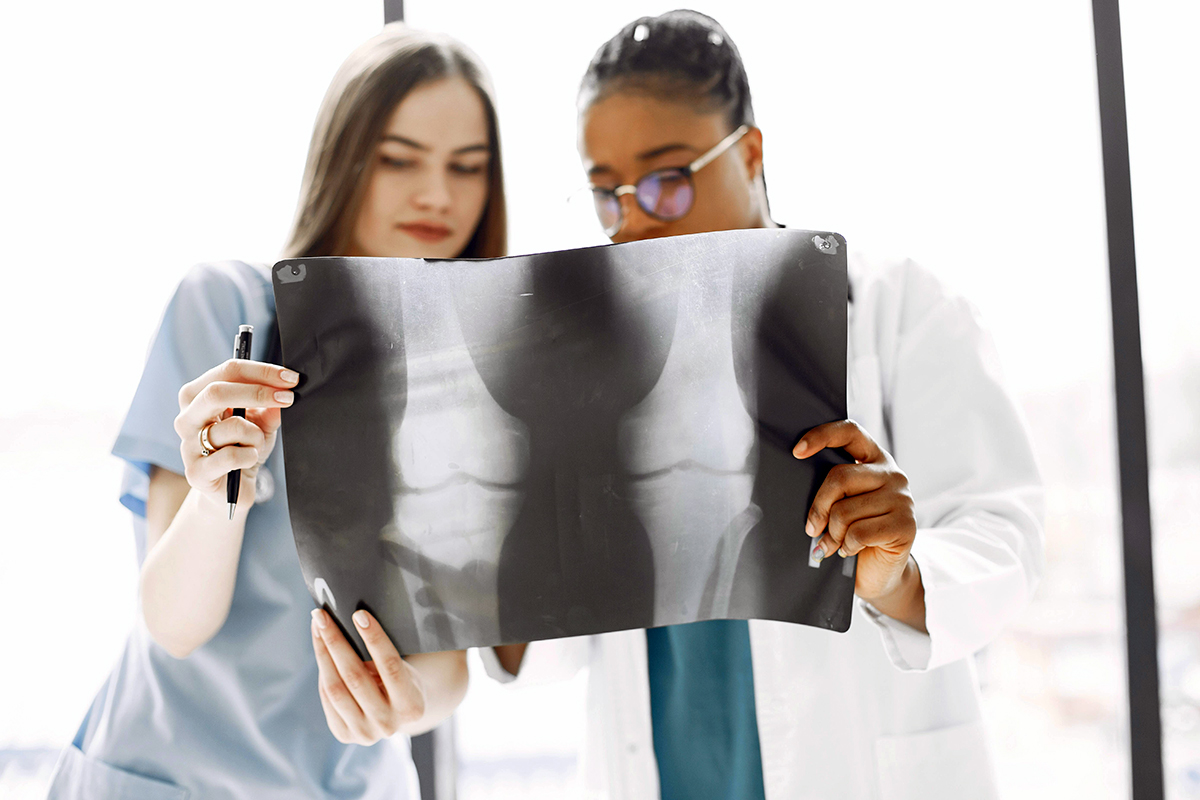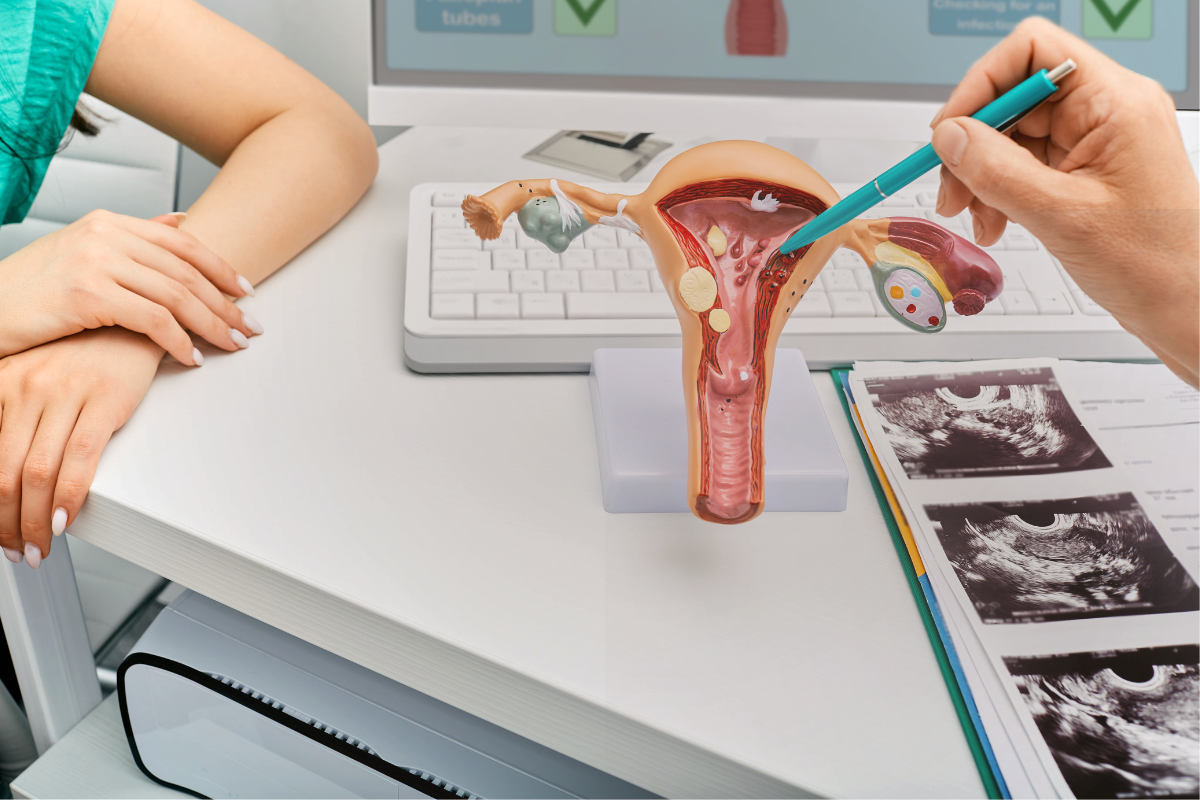I’ve recently been diagnosed with hypercalcemia, and I’m worried about osteoporosis — I’m on a strict diet to limit calcium, but everything I read says calcium is critical as menopause approaches — is there a link between hypercalcemia and osteoporosis, and is there anything I can do to mitigate the risks?
– Jill
You might be surprised to hear that high calcium levels in the blood can actually be an endocrine problem, but it is. Calcium levels in the blood are very tightly regulated by the parathyroid hormone (PTH).
When calcium levels in the blood are low, PTH levels increase. This increases the calcium absorbed in the gut, reduces the calcium lost in the urine, and even leaches calcium from the bones. When calcium levels in the blood are high, PTH levels drop, leading to decreased absorption of calcium from the gut, increased loss of calcium in the kidneys, and increased storage of calcium in the blood.

Most of the time this process works well. However, there are a few things that can lead to high calcium levels in the blood — breastfeeding, some medications, a genetic condition called familial hypocalciuric hypercalcemia, benign growths in the parathyroid glands leading to persistently high PTH levels, and some cancers. Calcium absorbed from the diet is rarely the cause of high calcium levels in the blood. Usually, it is in the setting of excessive use of calcium carbonate antacids like TUMS. As a result, in most cases, the guidelines do not recommend limiting calcium or vitamin D intake as part of the management of high blood calcium levels.
Because calcium levels in the blood are not reflective of calcium levels in the bone and because high PTH levels can actually cause bone loss and even osteoporosis, it is critical to understand why calcium levels are elevated. If you have not done so already, you should have a consultation with an endocrinologist to identify the cause of your elevated calcium and treat it appropriately. Part of that evaluation may include a bone-density test to determine if the bones have been affected.
The upshot: High calcium in the blood is rarely due to intake of calcium in the diet. Anyone with a high calcium should have an evaluation with an endocrinologist to determine the cause and recommend appropriate treatment.
Community Guidelines




















Log in